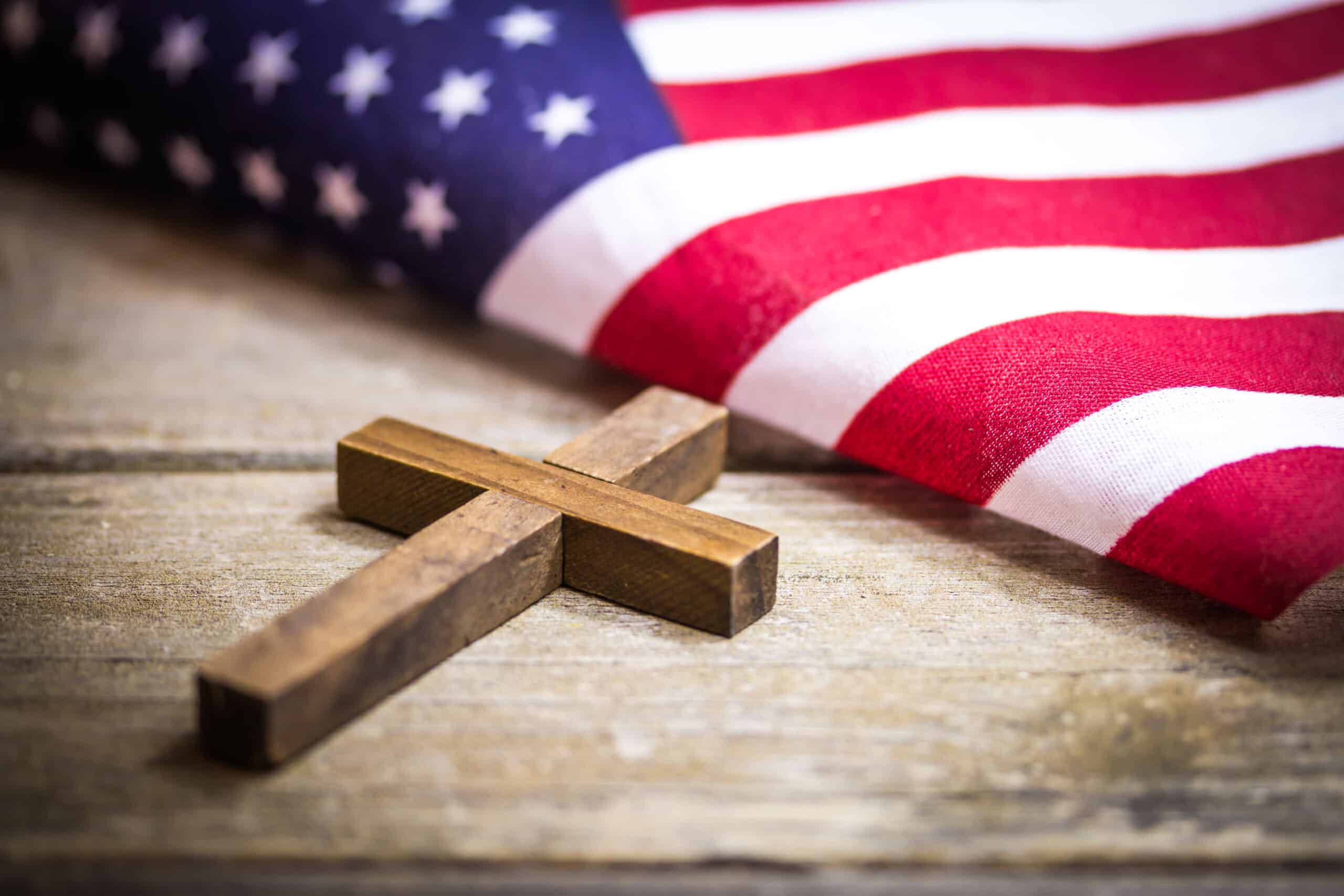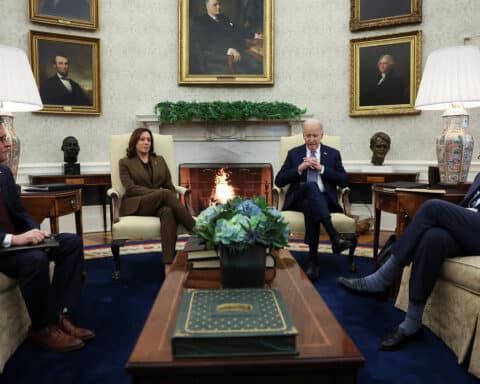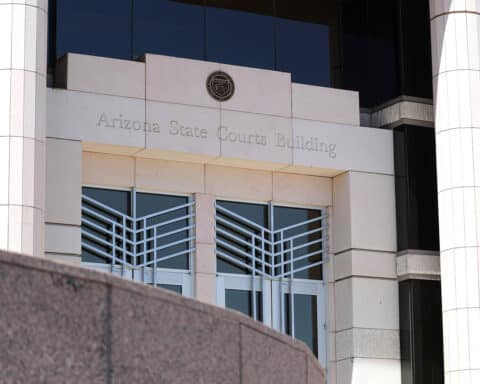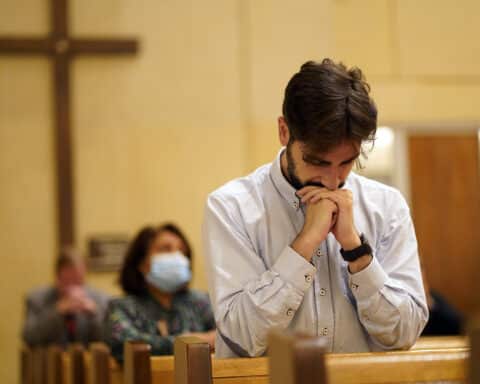In the newly issued introductory note to the U.S. bishops’ document “Forming Consciences for Faithful Citizenship,” the bishops cite Pope Francis invoking the parable of the Good Samaritan, calling upon Catholics to rekindle our civic responsibility as builders of a new social bond. In our current American landscape, we desperately need to heed this clarion call, grounded in our duty to direct society toward pursuing the common good.
Wisdom beckons us toward innocent intentions, peaceable actions, and impartial discernment as we navigate complex issues. The Church’s teachings, rooted in hope, offer a beacon of justice and mercy, transcending the prevalent fear and division, inspiring a Samaritan-like outreach to heal society’s wounds.
A charitable revolution
The problem is that our society increasingly diverges from a Catholic vision of life. The gap between Christian civilization and day-to-day secular life is growing larger. And because politics demands judgments about the particular, Catholic leaders have more and more work to do to form and inspire the faithful to fight for what is true and good.
Recognizing the scope of this task and acknowledging recent changes in the landscape of American politics, our bishops plan to issue a new document following the 2024 election.
What we need even more than a new document is a revolution, a revolution based in Catholic charity. This revolution will rise or fall around three core principles: a commitment to transcending polarization, increased participation in public life and fidelity to Church teaching.
Rejecting polarization
As Catholics in the United States, our participation in political life is not just a right but a sacred duty, underpinned by the dignity of all and the quest for the common good. Yet the fervor of election seasons seems increasingly shrouded in anxiety and spiritual turmoil. Political rhetoric often fuels division, exploiting fear and animosity for political gain. Driven by heated arguments and sensationalism, the online sphere swings toward polarizing extremes.
The urgent task before us concerns not merely political choices but the spirit in which we engage in political discourse. It demands that we abandon bitterness, anger, and divisive rhetoric and embrace kindness, compassion and forgiveness as guided by the teachings of Christ. Such virtues call us to detach from the cacophony of social media and seek solace in Scripture, prayer and acts of service to the marginalized and vulnerable.
Participating in public life
This revolution of charity demands participation. Many Americans today would rather distance themselves from politics. Yet it’s precisely at this moment that we need the participation of men and women of Christian faith.
Greater participation will prompt more men and women of goodwill to stand for office, on school boards, town councils and more. They will have to run campaigns to serve in state legislatures. And all of this will be demanding and difficult.
Adhering to Catholic teaching
Finally, the laity’s role in shaping their consciences and making prudent judgments cannot be overstated. Forming one’s conscience isn’t an arbitrary exercise; it requires listening to the truth God has revealed to the Church. That truth is a guide to discern right from wrong, grounded in the teachings of the Church, which have been formed by divine revelation.
The challenge lies not only in promoting good but also in discerning how to navigate many pressing issues without succumbing to fear or anger. At their plenary meeting in Baltimore in November, the U.S. bishops reaffirmed that abortion must be the “preeminent priority” because it destroys millions of lives each year in our country. Similar threats to human dignity extend to issues beyond abortion, including euthanasia, gun violence, terrorism, human trafficking, and more. The call to engage in genuine dialogue and seek common ground must become paramount for voters and candidates, emphasizing integrity and character.
May God grant us the wisdom and grace to navigate these pivotal decisions. May Catholics everywhere commit themselves to transcending polarization, participating in public life at the local level and dedicating themselves to understanding better and promoting Church teaching. Let us, through our democratic processes, strive for unity and uphold the dignity of life and the common good so that our nation may be blessed with wisdom, peace and mutual forgiveness.





